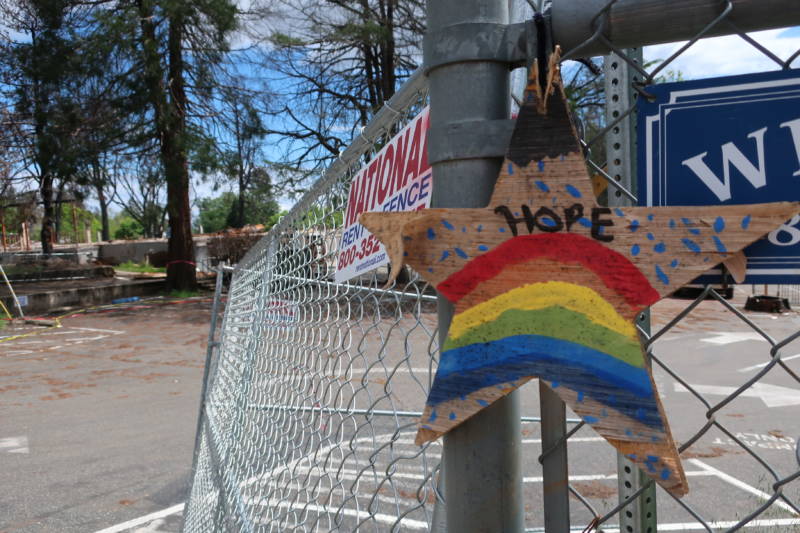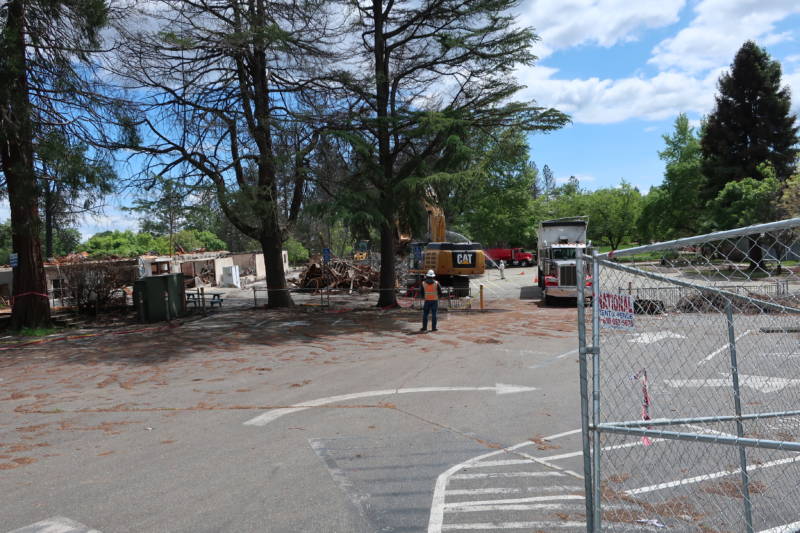The trauma specialists working in Butte County schools knew they'd start seeing kids act out around six months after the deadly Camp Fire, since anniversaries are known to trigger survivors into reliving moments of the traumatic event.
But there aren't enough counselors to help all of the students, teachers and staff dealing with this second wave of trauma.
“We have six schools that have requested help, and we can't bring help to them,” said Roy Applegate, who helps coordinate Recovery Trauma Services for the Butte County Office of Education. “It’s a little bit like rain in the desert in the summer: As soon as it hits the ground, it disappears. We can give our counselors as many hours as they need, and they're full up all the time. They're working to the max.”

